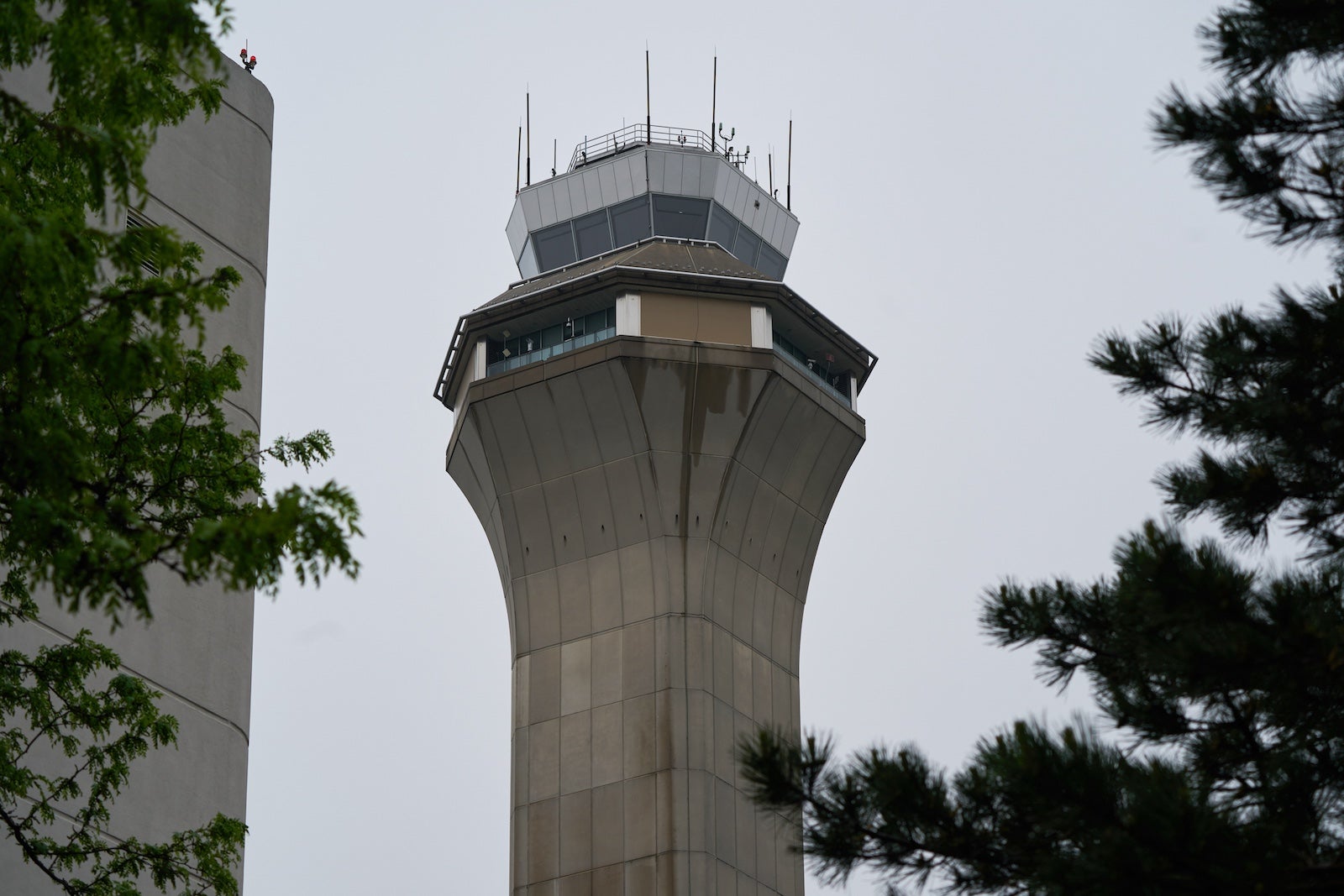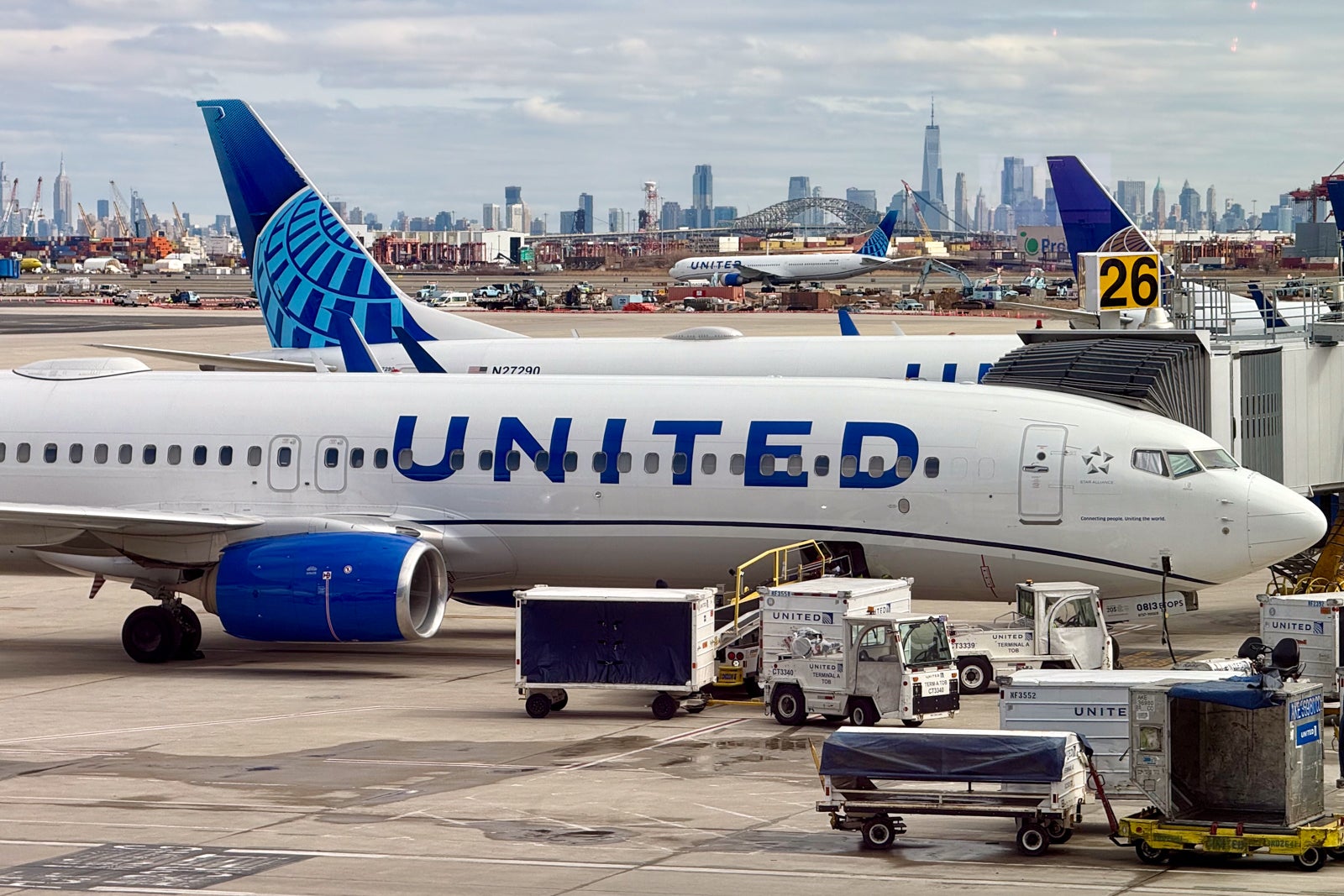The Federal Aviation Administration (FAA) will impose flight restrictions at Newark Liberty International Airport (EWR) due to ongoing travel disruptions ahead of the busy summer season.
On Tuesday, the FAA announced a temporary cap on hourly flights, limiting them to 56 (28 takeoffs and 28 landings) until mid-June to alleviate congestion and reduce flight delays.
After construction on the airport’s busiest runway is completed, the limit will slightly increase to 34 hourly departures and arrivals.
Ongoing Challenges
This interim measure follows a series of travel issues tied to ongoing renovations, coupled with staffing shortages and technical failures affecting critical air traffic control systems.
Recent communication outages at the Philadelphia air traffic control center, which oversees airspace for Newark, have hindered communication with aircraft.
Following a particularly disruptive outage last month, several air traffic controllers took authorized leave.
Passengers have faced numerous flight delays, prompting several airlines to offer waivers that allow travelers to change their itineraries or fly out of alternative airports in the area.
United Airlines, which operates a significant hub at EWR, voluntarily cut 35 daily round trips from its schedule earlier this month and urged the FAA to impose similar limits on its competitors, citing its proactive measures to ease air traffic.
Last week, the FAA held discussions with seven major airlines operating from the New Jersey hub regarding broader schedule adjustments.

Daily Newsletter
Stay informed with Flying Frugal’s Daily newsletter.
Join over 700,000 readers for exclusive news, travel guides, and deals.
For context, Newark typically manages a maximum of 77 combined takeoffs and landings, according to federal records.
With the imposed limit of 56 flights until June 15, the FAA’s restrictions represent a 27% reduction in hourly operations.
What To Do If Your Flight is Delayed or Canceled
Once daily runway work concludes on June 15, the limit will be raised to a maximum of 68 flyers per hour—still about 12% below standard capacity—through October.
These restrictions might lead to flight cancellations or adjustments in scheduling away from peak hours.
United Airlines supported the proposed limits, stating they “will help ensure safe and reliable operations for the remaining scheduled flights.”
Gradual Improvements
Operations at Newark have slightly improved recently.
As of 6 p.m. EDT Tuesday, less than 20% of flights heading to EWR were delayed, a reduction from 36% on Sunday, one of the busiest travel days of 2025.
Earlier this month, about half of the flights experienced delays upon arrival.
In addition to flight limits, the FAA is implementing tech upgrades to help minimize future outages, while seeking congressional support for a more comprehensive upgrade to outdated air traffic control systems.
What Travelers Should Know
With the Memorial Day weekend approaching, passengers flying from Newark should be aware of their options.
Travel Advisories
United has extended its travel advisory through May 23. Passengers who booked prior to May 4 can re-schedule without incurring fees or fare differences via alternate connecting airports.
Passengers can also re-book flights into or out of New York’s LaGuardia Airport (LGA) or Philadelphia International Airport (PHL).
JetBlue passengers are permitted to re-book without additional fees through May 31, including departures from New York’s John F. Kennedy International Airport (JFK), where the airline has a strong presence.
Delta Air Lines has also issued a travel advisory through June 15, although adjustments must be made by May 24.
Passenger Rights
Passengers with canceled, significantly delayed, or altered itineraries can request a full refund if they choose not to travel and reject rebooking, as per U.S. Department of Transportation policies. The same rules apply for those opting to switch to another airline, take a train, or drive instead of accepting flights from their original carrier.
However, airlines might be less inclined to cover costs related to hotel stays, meals, or ground transportation when delays are considered beyond their control.
That said, travelers using credit cards that offer travel insurance may recover some unexpected expenses.
Related Reading:















